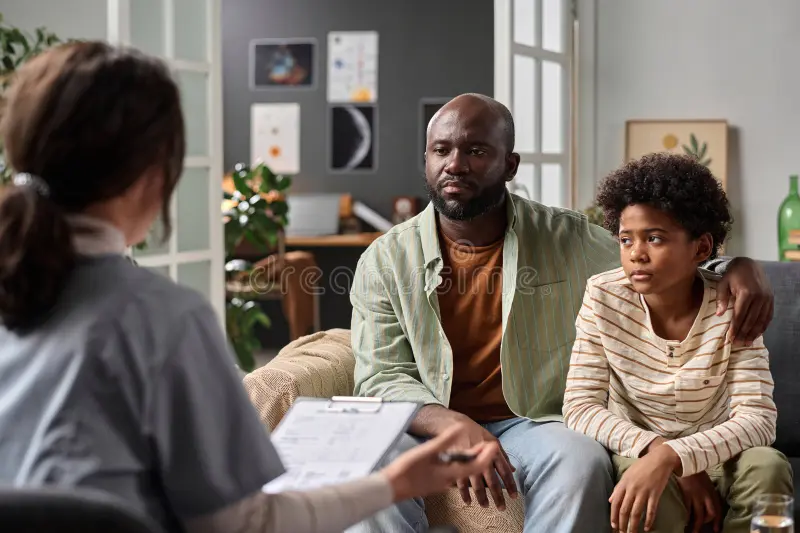24/7 Helpline:
(866) 899-111424/7 Helpline:
(866) 899-1114
Learn more about Bipolar Disorder Treatment centers in Lauderdale County
Bipolar Disorder Treatment in Other Counties





















































































Other Insurance Options

United Health Care

Ceridian

BHS | Behavioral Health Systems

Molina Healthcare

Carleon

Providence

Meritain

Premera

Anthem

Self-pay options

Horizon Healthcare Service

Covered California

CareSource

Cigna

Aetna

Health Choice

Health Partners

State Farm

CareFirst

Multiplan